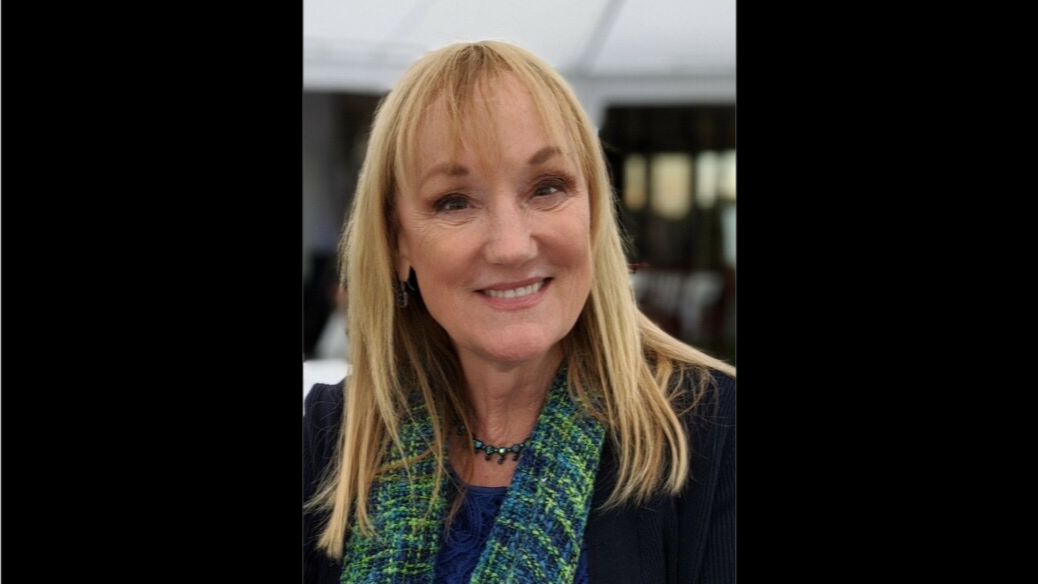ARF Erwin Ephron Award Winner Alice Sylvester: Recognizing Women in Research

Alice Sylvester, one of the founding partners of Sequent Partners, has been recognized by the ARF with their prestigious Erwin Ephron Award. She is the second woman in its history to be so honored.
Sylvester is a research veteran. “I have spent my career in various roles across media research (including measurement and accountability), brand research (looking at valuation and measurement) and account planning (guiding insights and strategy for brands’ creative messaging),” she noted. Her work spanned the advertising industry, from Tatham-Laird & Kudner to J. Walter Thompson, Leo Burnett, Young & Rubicam and FCB, to name a few. “I was also Chairman of the Advertising Research Foundation board, and co-wrote a book," she continued. "And I am currently a partner at Sequent Partners with Jim Spaeth, where I have worked on a variety of ROI initiatives, new media metrics developments and cross-media measurement for over 10 years.”
Charlene Weisler: Why do you think you won the award? What work especially stood out?
Alice Sylvester: That’s very hard to say. First of all, I’m funny and people laugh at my jokes. I’m also a little brave and not afraid to ask questions to make sure I get it. But in all seriousness, like many others, I have been involved in some of the most challenging measurement issues the industry has faced (how advertising works, single source data, test marketing, marketing mix models/attribution, audience measurement, changing television measurement – STB, ACR), and now identity resolution, data quality, validation and activation. The industry has changed so very much and become far more complex than ever. Throughout my career, I’ve played the role of translator -- taking exceedingly technical and complicated stuff and making it consumable by busy people who can’t, and don’t want to, spend the day deciphering what the science is trying to tell them.
Weisler: What is the most pressing issue in research today?
Sylvester: Nailing campaign reach and frequency and controlling frequency. A lot of energy will be focused around these issues for a while.
Weisler: Is there a role for research in a media world of data?
Sylvester: It's hard to separate the two. It’s all the same thing -- using data and insights to plan and optimize media. Both will exist and have specific roles. Traditionally, research was about reliable, replicable insights and findings, standards, best practices, quality ... and data was all about taming a firehose of raw anonymous data and turning it into something that looks like what we think the answer is. But you can’t have a media operation without research or without data. They live alongside each other in perfect harmony, fueling different applications at times, having different purposes.
Weisler: What is the future of research?
Sylvester: The future promises to be a robust cacophony of experimentation and innovation … and data dependent.
Weisler: Tell me more about your work in attribution at Sequent Partners.
Sylvester: We’ve created provider guides to help people know who the main providers of attribution services are and how they distinguish their offerings and have shared methods and nitty gritty things about samples, panels, how they count audiences, data sources, validation approaches, etc. We’ve also done experiments for CIMM where we evaluated the accuracy of television inputs into attribution and provided some best practices and questions to ask. We’ve also performed training and shared best practices for attribution and marketing mix modeling for a large number of media, like OOH, cinema and OLV, and we’ve run RFPs for marketers looking for new providers.
Weisler: Will we ever get to full attribution?
Sylvester: Yes, one way or another. The promise of event-level, cross-media performance measurement and understanding the impact of touchpoints on the consumer journey is too strong to give up on because it’s hard. We’ll get there.
Weisler: How has the industry has changed over course of your career?
Sylvester: Significantly. We don’t drink at lunch anymore. And cable was just starting! That’s a long time ago. Now, there are more data scientists in the business than ever. We talk about outcomes and accountability, not just straight-up audience delivery. We used to deal with syndicated data sources expressly designed for measurement purposes. Also, today people are much more open to a wide variety of data sources and solutions. They don’t need "perfection" -- they need "good enough" in just the right time to impact decisions. That’s a big difference.
Weisler: What direction is the industry heading in?
Sylvester: The industry is hurling itself forward, in all directions, including forward and backwards.
Weisler: What gaps exist, what do we need to do?
Sylvester: We need a lot, as there is always room for best practices and careful consideration of whether data and research findings conform to the world as we know it, and for “show me how you know that” validation. We need measures of quality in placement and content. We need to know how much context and consumer emotion factor into attention and response to content and advertising. We need to know when we’ve hit the limits of commercial load (the number of breaks and the number of commercials) and we need to make sure to fix “ad collision” -- sending the same ad to the same person over and over.
We need to close the gulf between data scientists and media research/advertising people. We need to close the diversity gap and go into high schools and encourage people to participate in the analytics and media industry. We need to continue making it a great place for women.
Weisler: Where do you see the media landscape three years from now?
Sylvester: Maybe more consolidation -- streaming services, analytics providers, identity providers, data services. Increased comfort with a multitude of data sources rather than reliance on one for all audience and measurement needs. Some solutions to privacy legislations will be tested. Some might work by then.
Click the social buttons to share this story with colleagues and friends.
The opinions expressed here are the author's views and do not necessarily represent the views of MediaVillage.com/MyersBizNet.


